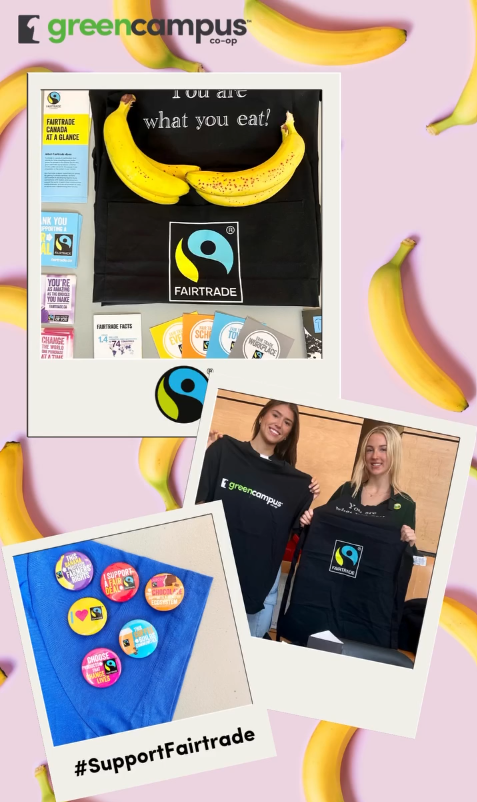Voices of Change: Youth, Justice, and the Future of Fair Trade

The 10th National Fair Trade Conference was hosted by York University from Feb 14-15 this year. The gathering was well-attended, with over 190 attendees, including students, professors, business leaders, and activists from Canada, Argentina, and the United States. Hosted by Fairtrade Canada, the event brought together voices from diverse sectors to explore how fair trade can drive ethical business practices, strengthen sustainability efforts, empower farmers, and build consumer trust.
The conference featured discussions on a variety of topics, from embedding sustainability into business strategies to the future of ethical supply chains in industries like coffee and fashion. Panels addressed key challenges such as achieving Silver and Gold Fair Trade Campus status, driving social impact through coffee, and making the textile industry more sustainable. Experts also emphasized the importance of building long-term relationships with producers, ensuring living wages, proper working conditions, and integrating ethical sourcing into business models.
A particularly inspiring moment was the Youth Round Table led by Ana Laura Sayago, a honey producer from the COOPSOL cooperative and a youth representative on the Board of Fairtrade’s regional producer network in Latin America and the Caribbean (CLAC). Sayago shared insights on how young people are reshaping fair trade by advocating for more sustainable and community-driven economic models that preserve biodiversity. Her perspective highlighted the critical role of the next generation in pushing for systemic change and ensuring that fair trade remains a force for good in a rapidly changing world. She shared a compelling and inspiring story on the challenges and outcomes of starting a honey cooperative as a young entrepreneur, environmentalist and social rights activist.
One of the most rewarding aspects of the event was the opportunity to connect with individuals dedicated to advancing fair trade. Global economic and geopolitical uncertainties make ethical sourcing more critical than ever. The passion and commitment in the room reinforced the idea that fair trade is more thana certification—it’s a movement driven by solidarity, transparency, cooperation, and justice. Cooperatives also play a crucial role in this environment, as they empower producers and (grassroots)communities to determine their own economic future while ensuring ethical and sustainable production methods.
As I reflect on the conference, it’s clear that the conversations it sparked will continue to inspire action in the months ahead and into the future. Whether through student advocacy, institutional commitments, or business leadership, this gathering reaffirmed that fair trade is a key pathway to a more sustainable and just economy. Moving forward, the sociopolitical and environmental challenges of a geopolitically unstable environment can also inspire us to deepen these commitments, expand awareness, and ensure that fair trade stays at the forefront of ethically informed consumption and global economic reform.







